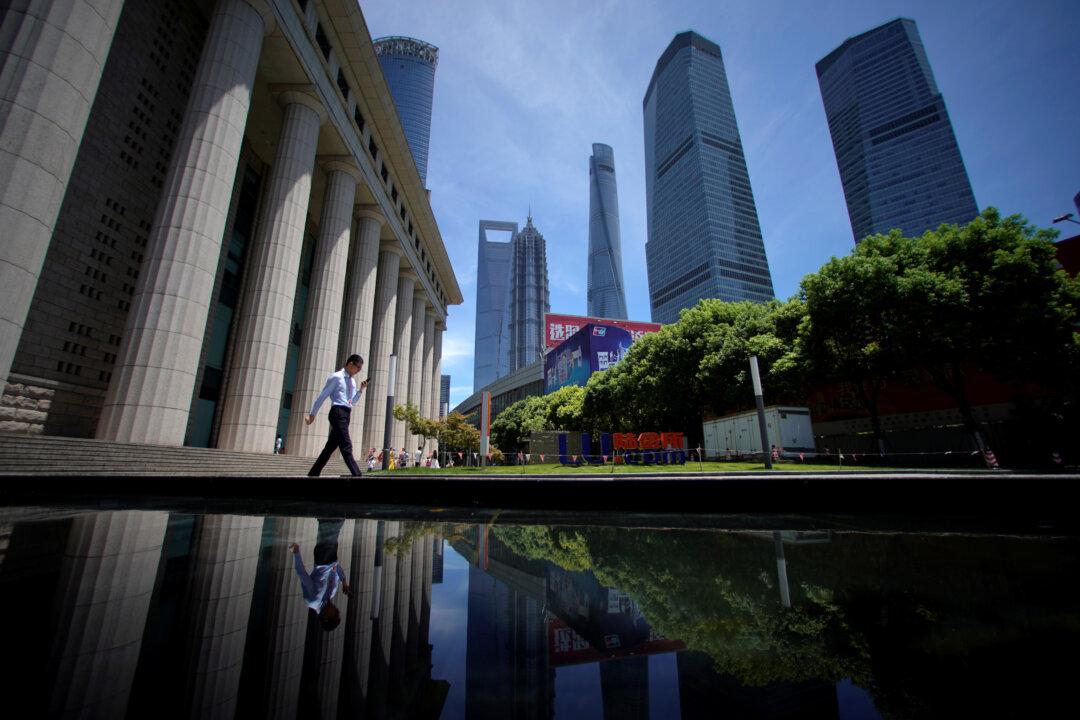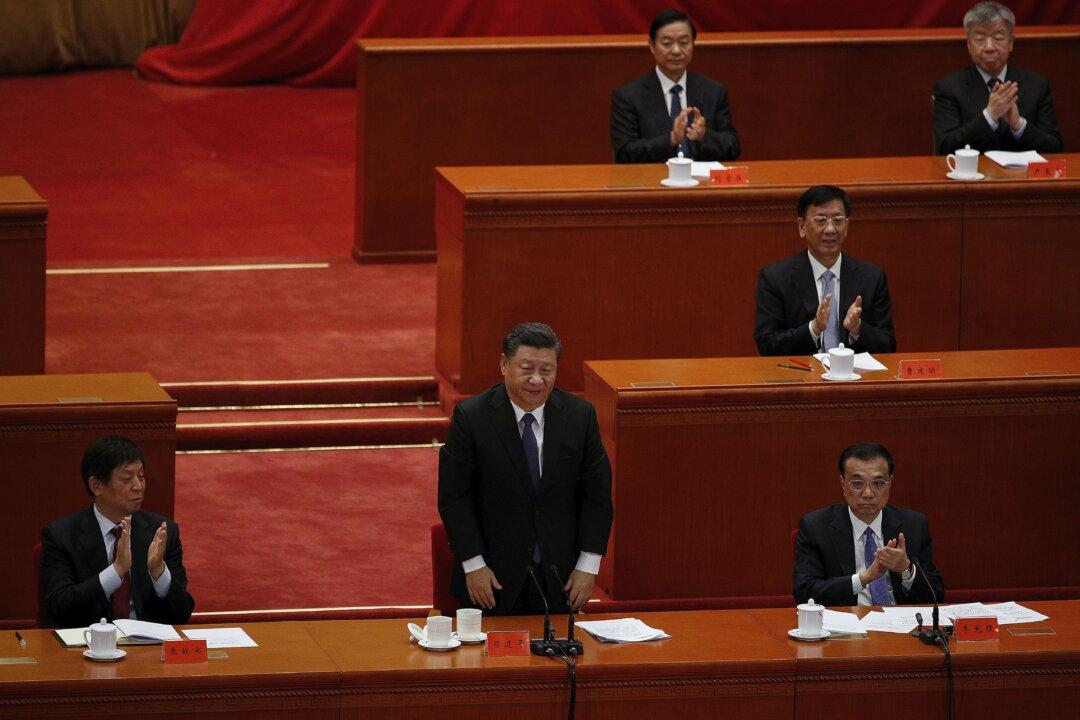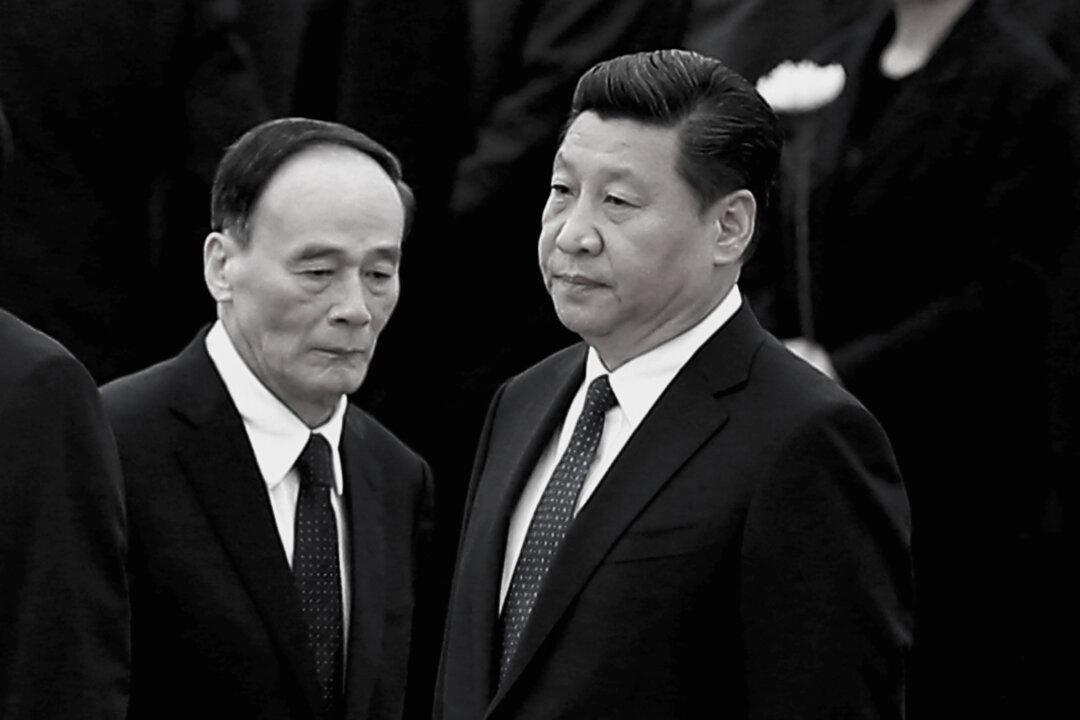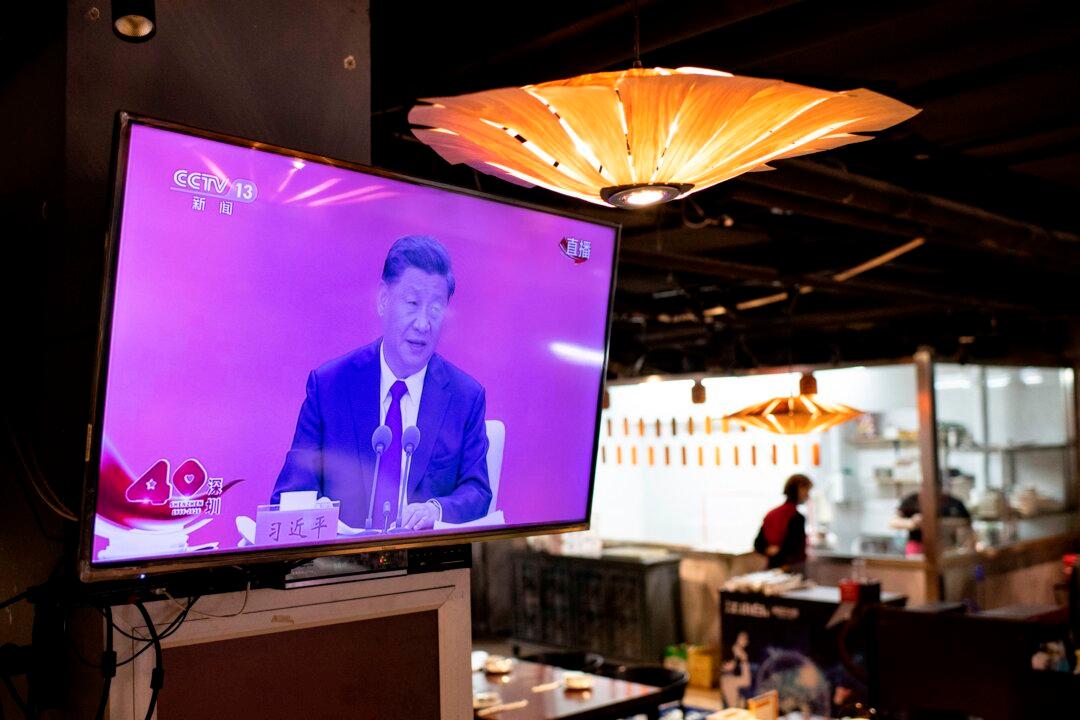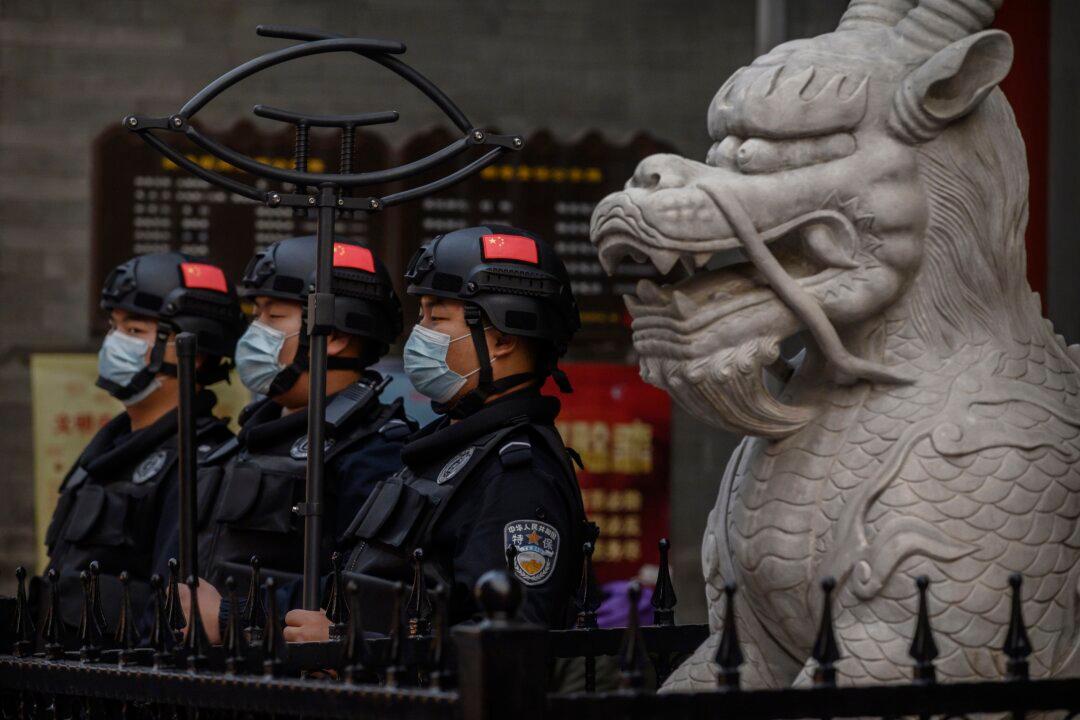Commentary
During the 30th anniversary of Shanghai’s Pudong economic development district, Chinese leader Xi Jinping said the Pudong District “should strive to become a pioneer of reform and opening up at a higher level and a vanguard in fully building a modern socialist country.” In his address, Xi mentioned “opening up” 30 times and stressed the need to “better showcase the Chinese concept, Chinese spirit, and Chinese path to the world.”
